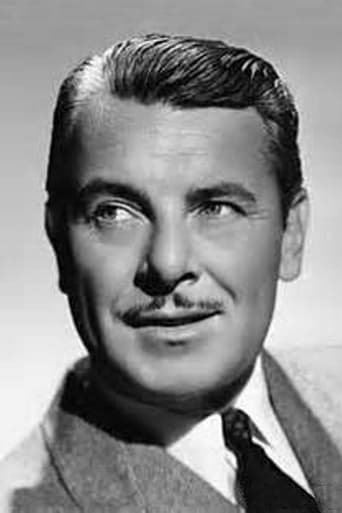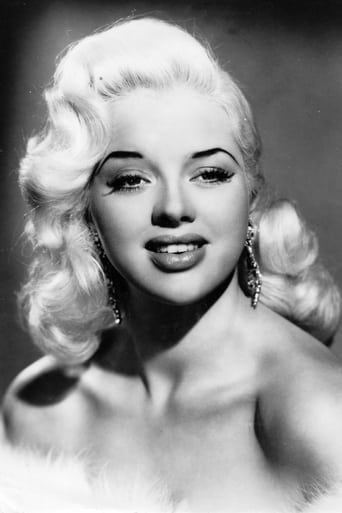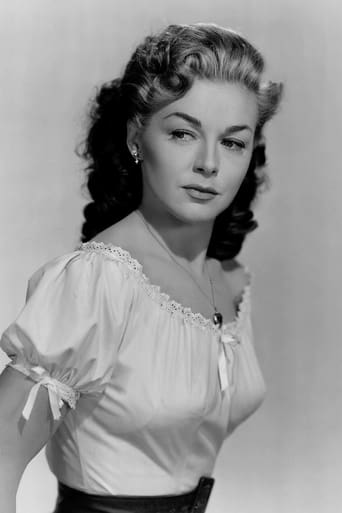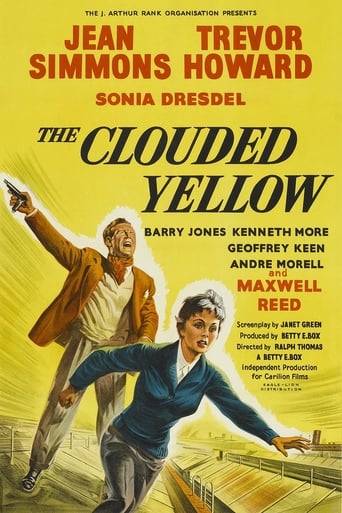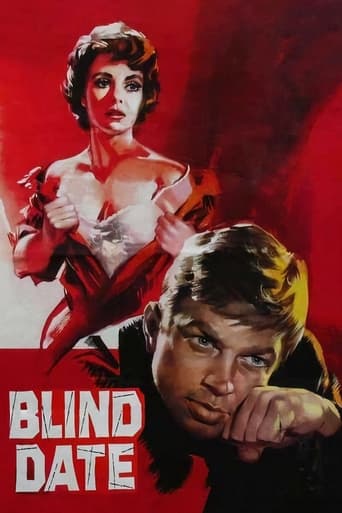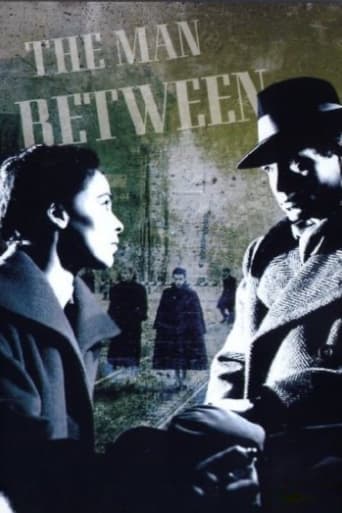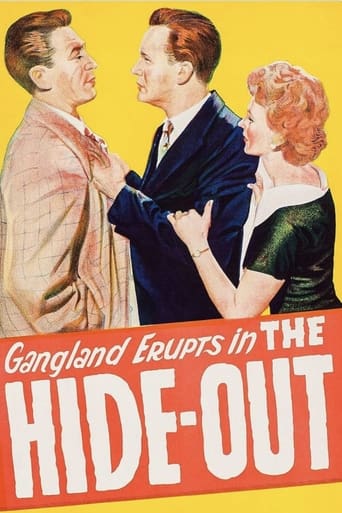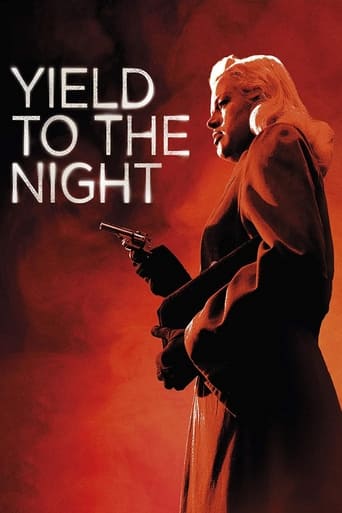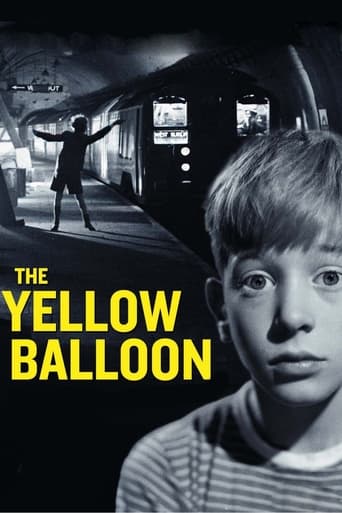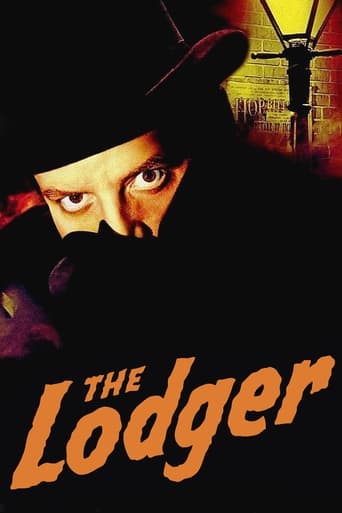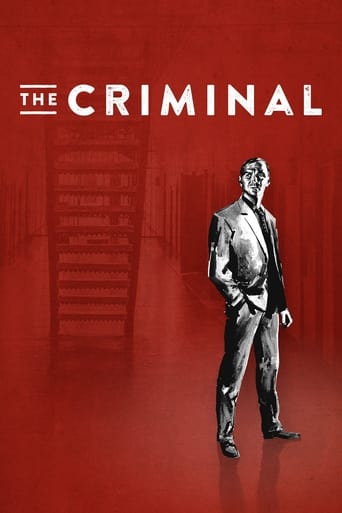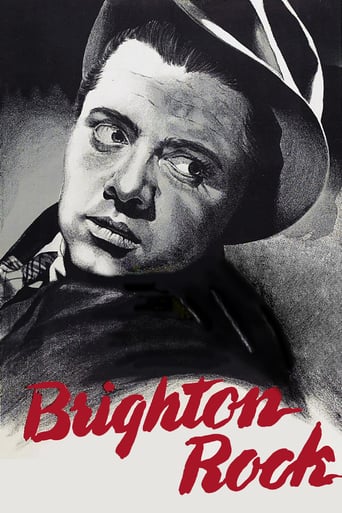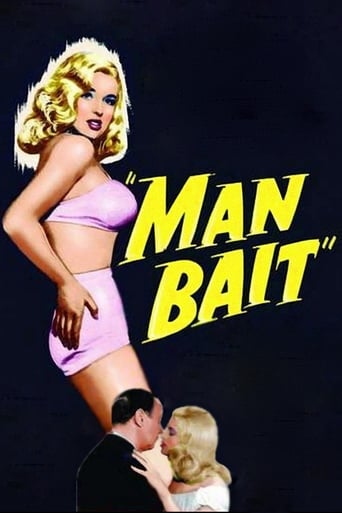
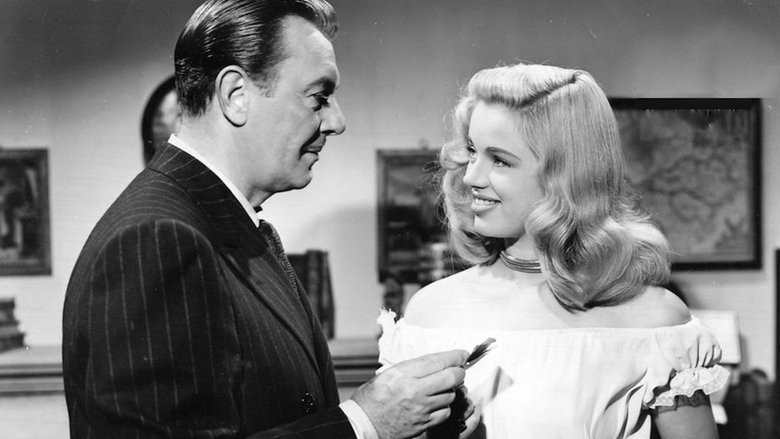
The Last Page (1952)
A married bookstore owner is blackmailed after he makes a pass at his new sexy blonde clerk.
Watch Trailer
Cast
Similar titles
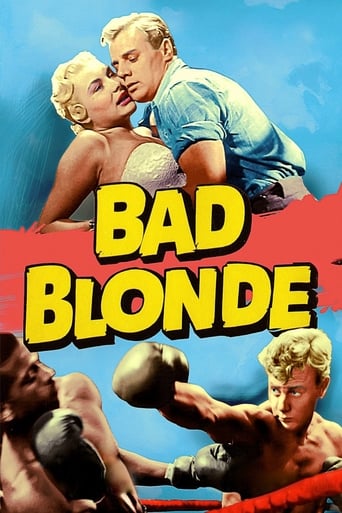
Reviews
In truth, there is barely enough story here to make a film.
It's entirely possible that sending the audience out feeling lousy was intentional
Good films always raise compelling questions, whether the format is fiction or documentary fact.
A clunky actioner with a handful of cool moments.
Diana Dors gets an introducing credit despite the fact that sh e was a Rank starlet.She steals the show easily from two very faded American actors.In fact the film suffers from her murder.After that the star turn comes from stalwart Raymond Huntley.So the film goes downhill.However it accurately pictured the atmosphere of post war London.
Released in the US under the more provocative title "Man Bait", this was the first of 29 Hammer films directed by the studio's best and most prolific director Terence Fisher. As with most other Hammer films of the era, it is a B-film noir with a Hollywood star of yesteryear in the lead role. In this instance, the actor in question is George Brent, one of Ireland's first film stars who, like me, was from County Offaly. My grandfather worked as a film projectionist for over 30 years and he was also a big film buff so he was always proud that Offaly had a homegrown star! Brent - who had completely lost his Irish accent by this time which disappointed me slightly if I'm honest! - is no Cary Grant when it comes to charisma but he's quite a good leading man. Only 19 or 20 at the time that the film was made, Diana Dors is extremely good as Ruby Bruce, a sweet, slightly naive girl who falls in with the wrong man which ultimately costs her her life. The film has a good supporting cast, including Raymond Huntley (the best actor in the film, he later appeared in Fisher's "The Mummy"), Peter Reynolds, Meredith Edwards, Marguerite Chapman and Eleanor Summerfield (whose husband Leonard Sachs and son Robin Sachs graced later Hammer films). It has a strong script with some nice surprises and Fisher brings his usual finesse to the project. It's easy to see why Hammer engaged his services so often after this.Notwithstanding my rewatch of "Dracula" as a tribute to the late, great Sir Christopher Lee last week, this is the first Hammer film that I have watched in about six weeks so it's nice to get back into the saddle with this great little thriller. I tend to view Hammer films as being pre and post The Curse of Frankenstein and this is one of the best of the "pre" films that I have seen, after "X: The Unknown" and Mantrap".
Plot hole #1--The film begins and a customer in a used book store is caught by an employee stealing. What LOGICALLY does she do in this situation? Yep, she lets him go and then meets him later for drinks!Plot hole #2--Soon after they meet, although it's OBVIOUS he's a no-good ex-con, she agrees to a blackmailing scheme with him.Plot hole #3--When the blackmail of her boss is attempted by this female employee, the boss being blackmailed threatens to call the police--but doesn't bother to fire the girl nor does he call the cops.Plot hole #4--When the blackmail is refused, the thief from #1 sends a letter to the boss' wife and she dies as a result. So, does boss fire the lady or call the police now--NOPE! Plot hole #5--When the lady AGAIN comes to the boss to blackmail him (AFTER the wife is dead), he angrily throws a huge wad of cash at the blackmailing lady--even MORE than she had asked for with the blackmailing attempt! Plot hole #6--At no point does the boss tell anyone about the blackmail, so when something happens to the blackmailing employee, the boss is an obvious suspect. If he'd only gone to the police or fired her or talked about this problem all this might have been avoided.Plot hole #7--Although every bit of evidence points to the boss being a murderer, a trusted female employee (not the dead blackmailer) agrees to help him avoid the police and investigate the crime with him. What a cliché! In real life, even if you think the boss is innocent, when an employee knows he's a wanted man they'll call the police.Plot hole #8--The other female employee blunders into the killer's lair in a completely hair-brained way--and with no plan at all, nor did she have backup or tell anyone she was confronting him.With all these major problems with the script, there simply was no way that veteran director Fisher or veteran actors George Brent and Marguerite Chapman could pull this one off! The bottom line is that if anyone had bothered to read the script first, they would have no doubt spotted all these holes and probably many more. I wonder if perhaps a chimp was the writer of this film?! As a result, it's frustrating to see a group of accomplished film makers stuck with second-rate tripe--especially Brent who was a very fine actor and did his best with this mess.
I'm a big Terence Fisher fan, so as a completist, I wanted to see this one. But it's only a fair film. Fisher was a few years away from making his classic CURSE OF FRANKENSTEIN and HORROR OF Dracula, but he was still capable of some fine work in the early 50's (THE FOUR-SIDED TRIANGLE, for example). But this one is pretty much by-the-numbers. Even leading man George Brent looks bored throughout. He runs a bookstore where employee Marguerite Chapman is in love with him. And good-looking Diana Dors is the 'bad' employee -- because she's late a few times. Brent has an invalid wife who needs an operation abroad. He cashes in an insurance policy to pay for the operation. Meanwhile, Dors has caught weaselly Peter Reynolds trying to steal a book but doesn't turn him in. They strike up a relationship. He gets her to try to blackmail Brent after a late night when he kissed her briefly (tho' it looks more like she kissed him). He won't pay, so Reynolds has Dors write a letter to the invalid wife. She dies after reading the letter (in one of a string of incredible plot coincidences). Reynolds makes Dors harass the grieving Brent again for the money. He angrily gives her all the insurance money. Then Reynolds sneaks into the bookstore and kills Dors, taking the dough, but leaving the body so that Brent will be blamed. Brent's soon on the run and Chapman is trying to save him. It all works out in a fiery climax. And it's all competently done, but the script doesn't make a lot of sense. Dors, however, gives a fine, restrained performance and is probably the best thing in it. Worth noting that later Hammer Producer/Director/Exec Michael Carreras is here credited with Casting. And Hammer Writer Extraordinaire Jimmy Sangster is credited as Assistant Director. Really this is just for Hammer and Fisher fans like myself. Or Diana Dors fans, who will be pleased with her work here.
